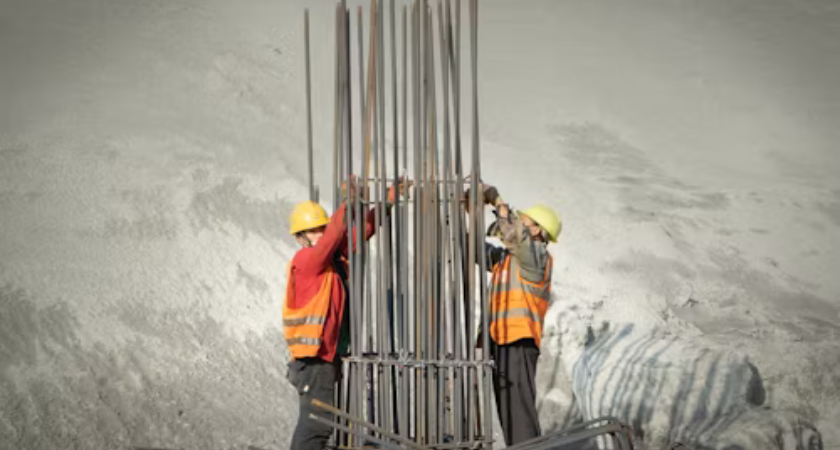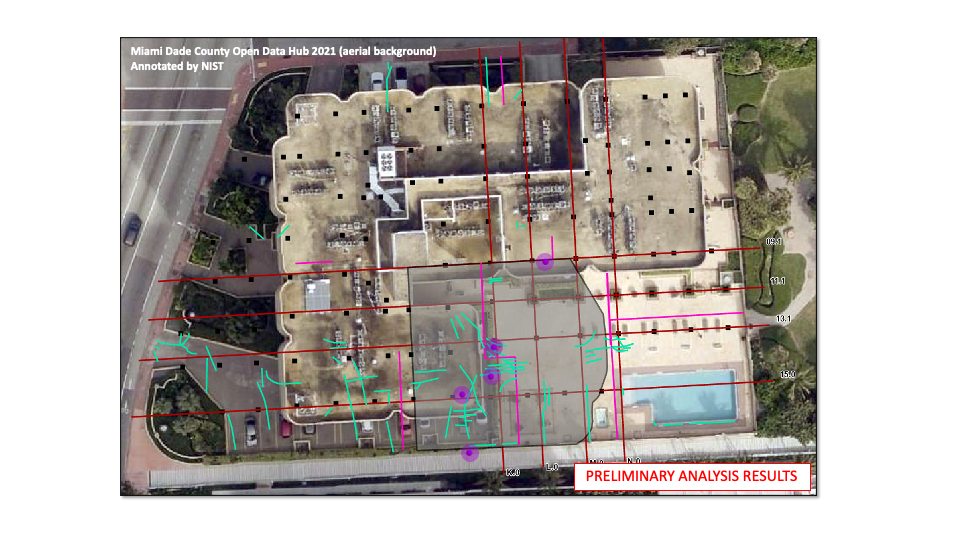
SURFSIDE, Fla. — Federal investigators with the National Institute of Standards and Technology (NIST) are entering the final phase of their extensive study into the 2021 Champlain Towers South collapse, with new evidence reinforcing earlier findings that the building’s failure likely began in its pool deck rather than in the tower itself.

At a recent National Construction Safety Team (NCST) Advisory Committee meeting, investigative lead Judith Mitrani-Reiser and co-lead Glenn Bell detailed the progress of their work, which has combined physical testing, structural analysis, eyewitness interviews, and video footage. Their findings indicate that structural distress in the pool deck was not only present but visible in the weeks leading up to the tragedy.
“This tragic event has revealed flaws in our systems, and quality is at the heart of it,” said Mitrani-Reiser.
Bell explained that NIST’s ongoing computer simulations and large-scale structural tests continue to narrow in on the pool deck slab-column connections as the likely points of failure. “The results of these efforts indicate that it is more likely that the failure started in a pool deck slab-column connection,” he said.
Investigators have examined steel reinforcement corrosion, concrete shrinkage, and improperly built construction joints in the slab as contributing factors. Analysis of video evidence also suggests that the pool deck began failing at least seven minutes before the tower itself, giving insight into how the progressive collapse unfolded.
Mitrani-Reiser outlined several warning signs observed before the disaster:
These issues were concentrated in the same small section of the pool deck and street-level parking deck, reinforcing the hypothesis that the collapse originated there.
.jpeg)
The investigation team is expected to complete its technical work by the end of 2025, with final reports to include one comprehensive summary and six specialized technical documents. Beyond understanding the causes, the reports will issue policy and design recommendations aimed at improving building codes, inspection practices, and long-term maintenance of aging structures.
NIST is also actively engaging with construction, engineering, and inspection stakeholders to ensure its findings lead to actionable reforms. “Every lesson we learn here must translate into safer buildings and stronger oversight for the future,” Bell emphasized.
The investigation’s next detailed public update is scheduled for spring 2026, when the draft findings will be shared more widely with industry professionals and policymakers.
For many in Surfside and across the country, the results are expected to shape not just the memory of a tragedy but also the future of building safety nationwide.
Originally reported by NIST.